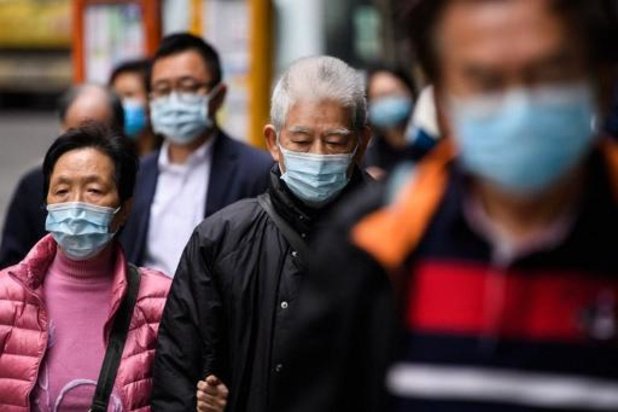The World Health Organisation (WHO) needs more than €600 million over the next three months to contain the new coronavirus that has emerged in China.
According to calculations, $675 million (approximately €613 million) is needed to help poorer countries prepare for a possible outbreak, said Tedros Adhanom Ghebreyesus, the general director of the WHO, in Geneva on Wednesday.
The virus, which has sickened at least 20,000 people since it broke out in late December, continues to spread globally, with the WHO declaring the outbreak a global health emergency last week.
"675 million dollars is a lot of money, but it's clearly less than what we can expect if we don't invest in precautions now," said Tedros, reports Het Nieuwsblad.
"We understand that people are concerned, but this is not the time for fear or panic. This is the time to act rationally as long as we still have room to control the outbreak," he added.
China reported almost 4,000 new cases, and a total of more than 24,000 cases, on Wednesday morning. The biggest increase in 24 hours, said Tedros.
"The effectiveness of outbreak response depends on the preparedness measures put in place before outbreaks strike," said Dr Mike Ryan, head of WHO’s Health Emergencies Programme, in a press release. “That is why we are seeking resources to safeguard the most vulnerable countries to protect people from the new coronavirus before it arrives on the doorstep," he added.
Related News
- Institute for Tropical Medicine prepares for possible corona outbreak in Africa
- Coronavirus global health emergency: what about Belgium?
- WHO: Coronavirus declared global health emergency
The organisation's Strategic Preparedness and Response Plan (SPRP) for the new coronavirus lays out activities and resources needed by international health organisations globally, including WHO, to implement priority public health measures in support of countries to prepare and respond to the virus for a period February-April 2020.
The plan's goals are to limit human-to-human transmission of the virus, particularly in countries most vulnerable if they were to face an outbreak, to identify, isolate and care for patients early, to communicate critical risk and event information, to minimise social and economic impact, reduce virus spread from animal sources, and address crucial unknowns.
It wants to do that by rapidly establishing international coordination and operational support, scaling up country readiness and response operations, and accelerating priority research and innovation.
The WHO sent 250,000 test sets to 70 laboratories worldwide to get faster results of infections. It also sent half a million mouth masks and 350,000 pairs of gloves to 24 countries.
In Europe, Belgium, France, Germany, Finland, Italy, Spain, Sweden and the UK have all confirmed cases of the virus.
Maïthé Chini
The Brussels Times

